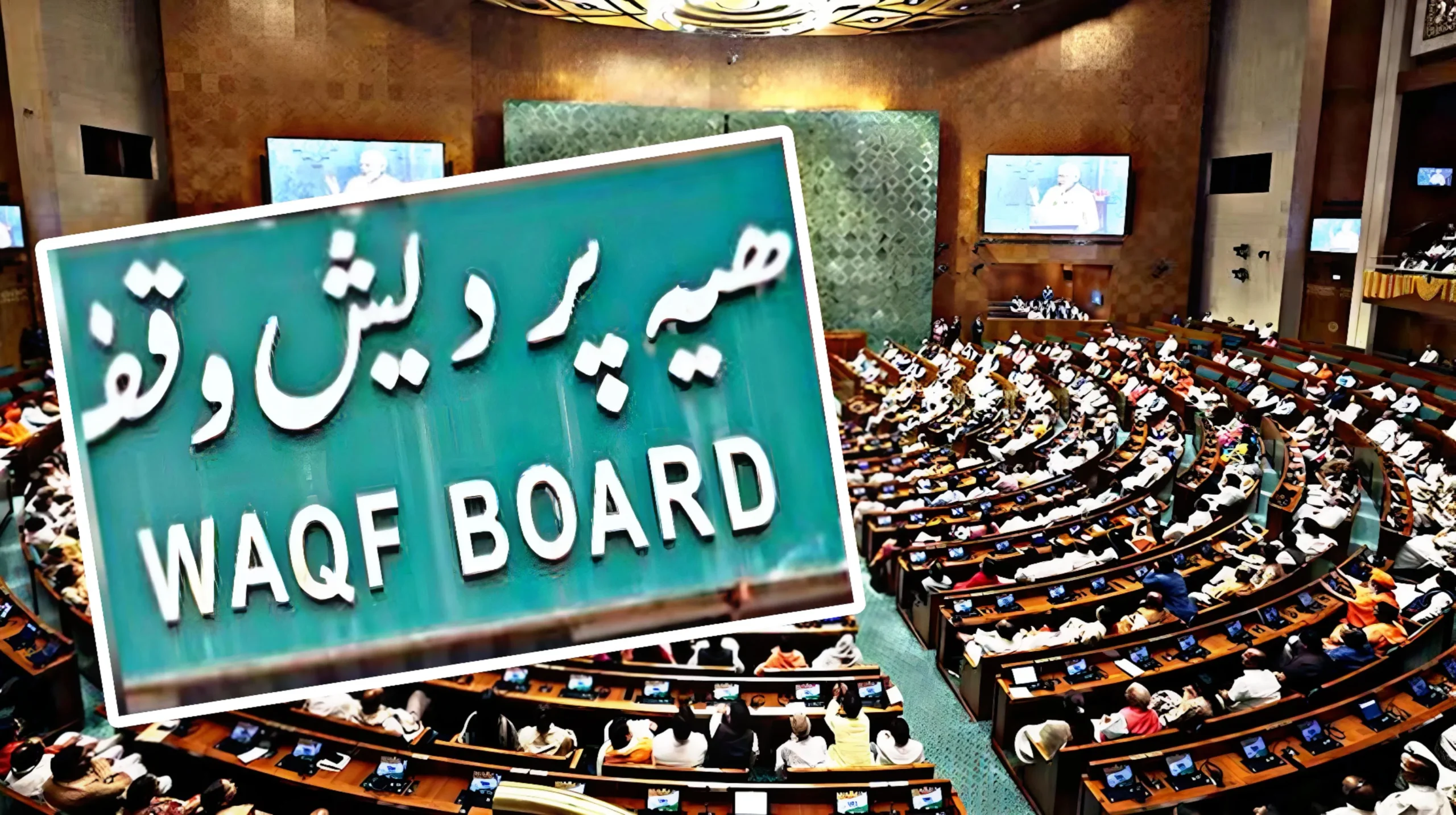Understanding Waqf
Before diving into the Waqf Board, it’s essential to grasp the concept of Waqf. In Islamic law, Waqf is a perpetual charitable endowment of property or money dedicated to religious, pious, or charitable purposes. It’s a significant institution in many Muslim-majority countries, including India.
What is a Waqf Board?
A Waqf Board is a legal entity established to administer and regulate Waqf properties. It ensures these properties are used for their intended purposes, which can range from mosques and graveyards to schools, hospitals, and other charitable institutions. In essence, it acts as a custodian of the community’s religious and charitable assets.
Establishment of Waqf Boards in India
The Waqf Board system in India has its roots in the Waqf Act of 1954. This legislation aimed to streamline the administration and regulation of Waqf properties across the country. Subsequently, the Waqf Act of 1995 was enacted to further enhance the governance and management framework of Waqf properties.
An important aspect of the Waqf Board structure is the Central Waqf Council, established in 1964 under the 1954 Act. This council oversees the functioning of state Waqf Boards and provides guidance on Waqf matters.
Role of Waqf Boards
The primary responsibilities of a Waqf Board include:
- Inventorying and registering Waqf properties: Creating a comprehensive database of Waqf assets.
- Protecting Waqf properties: Preventing encroachment and misuse of Waqf lands.
- Generating income from Waqf properties: Ensuring optimal utilization of Waqf assets for charitable purposes.
- Disbursing income: Allocating funds for the maintenance of Waqf properties and for charitable activities.
- Resolving disputes: Mediating conflicts related to Waqf properties.
- Promoting Waqf culture: Creating awareness about the importance of Waqf and encouraging donations.
Governance and Challenges
Waqf Boards are typically governed by a chairman and members appointed by the state government. However, the functioning of these boards has been a subject of criticism and controversy. Issues such as corruption, mismanagement, and lack of transparency have plagued many Waqf Boards.
To address these challenges, reforms have been proposed, including increased transparency, accountability, and the involvement of community members in the governance of Waqf Boards.
In conclusion, Waqf Boards play a crucial role in preserving and utilizing religious and charitable endowments for the benefit of the community. While challenges persist, there is a growing recognition of the need for effective governance and transparency in the management of Waqf properties.



